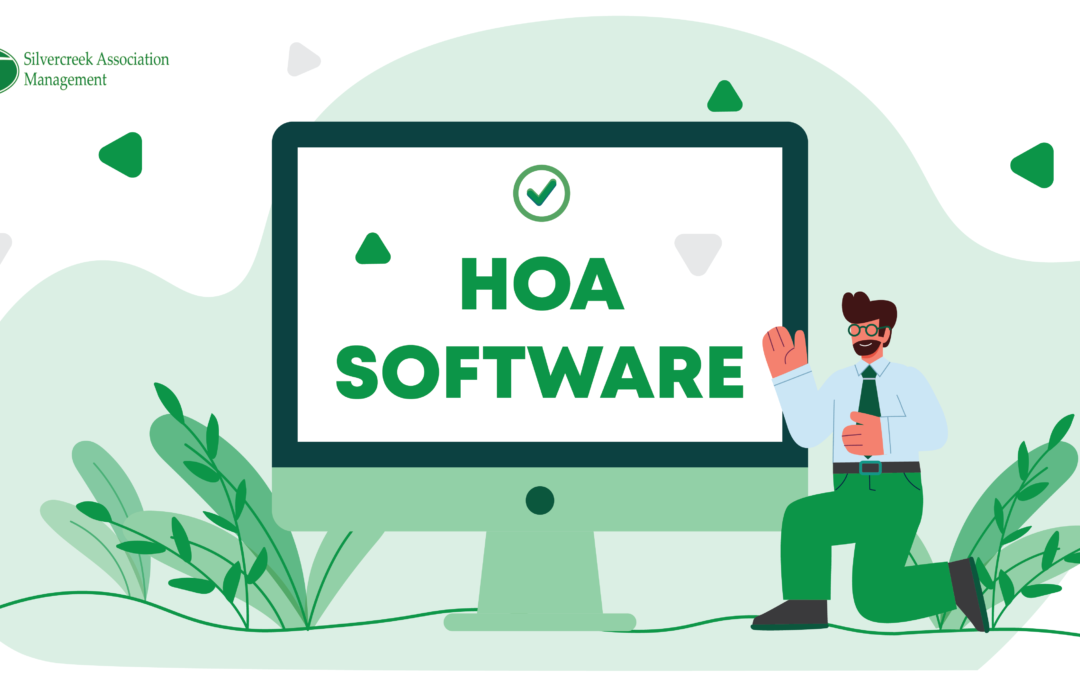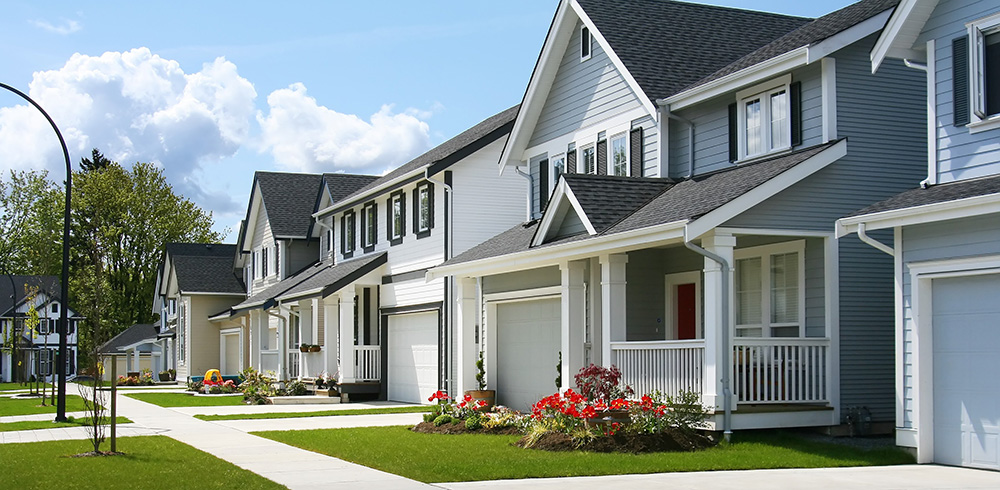Professional in HOA Management San Antonio : Boost Your Area's Standards
Professional in HOA Management San Antonio : Boost Your Area's Standards
Blog Article
From Financials to Upkeep: Mastering the Art of HOA Management for Neighborhood Associations
Handling a neighborhood organization calls for a fragile equilibrium in between economic responsibilities, effective communication, and reliable upkeep operations. From overseeing budgets and financial statements to coordinating maintenance jobs and enforcing regulations and regulations, HOA monitoring can be a complicated art that demands a diverse collection of skills. In this discussion, we will certainly check out the different aspects of HOA monitoring, from the details of economic administration to the significance of maintaining a well-functioning area. By delving into these vital areas, we aim to give useful insights and approaches for grasping the art of HOA management, leaving you equipped with the expertise and devices needed to browse the difficulties that may develop within your neighborhood organization.
Recognizing Financial Responsibilities
What are the crucial economic duties that community organizations require to understand and take care of effectively? Neighborhood associations play an important duty in managing the funds of their areas. hoa management san antonio. To guarantee the economic wellness of the organization, a number of essential duties need to be comprehended and managed properly
Firstly, community organizations have to develop and preserve a thorough budget. This entails precisely approximating expenditures and revenue sources, such as regular monthly fees, unique assessments, and rental earnings. A tactical budget plan enables organizations to allocate funds for essential expenditures, such as repair and maintenance, insurance coverage premiums, and book funds for future funding jobs.
One more crucial economic duty is the collection of charges and analyses. Area organizations have to ensure reliable and prompt collection of these charges to cover functional costs and preserve the economic security of the association. This includes executing a transparent and clear payment plan, addressing misbehaviors promptly, and imposing any type of needed lawful actions.
Additionally, community organizations must maintain exact monetary records and prepare normal monetary statements. These declarations supply a clear photo of the association's economic wellness, including revenue, costs, and reserves. Normal financial coverage enables board participants and home owners to track the association's economic performance and make informed choices pertaining to budgeting and costs.
Finally, community associations must follow all suitable economic policies and tax requirements. This consists of filing tax obligation returns, maintaining correct documentation, and sticking to any type of lawful responsibilities associated with monetary monitoring.
Efficient Interaction and Partnership
Reliable interaction and cooperation are necessary for successful HOA administration and cultivating a cohesive neighborhood. Area associations rely upon efficient interaction to disseminate crucial information, address worries, and ensure transparency. A clear and regular line of interaction between the HOA board, homeowners, and building management is important for a well-functioning area.
One way to promote efficient communication is via regular newsletters or emails that offer updates on neighborhood occasions, jobs, and vital news. This allows locals to stay notified and participated in the community. In addition, establishing open lines of communication through neighborhood discussion forums or city center meetings can offer a system for citizens to articulate their point of views, ask questions, and add to decision-making processes.
Partnership is similarly crucial in HOA monitoring. Urging cooperation amongst board boards, participants, and residents promotes a sense of ownership and shared responsibility. By entailing homeowners in the decision-making procedure and proactively seeking their input, the community association can develop a much more inclusive and harmonious environment.
To promote reliable partnership, HOA management need to develop clear goals and goals, delegate responsibilities, and urge team effort. Routine meetings, both informal and formal, give a possibility for stakeholders to go over ideas, address issues, and work towards usual objectives. By promoting a collaborative environment, community associations can harness the varied abilities, understanding, and perspectives of their residents to drive positive change and improve community living.
Enhancing Maintenance Operations
Simplifying upkeep operations is vital for cost-effective and efficient HOA management. By applying efficient strategies, neighborhood associations can guarantee that upkeep jobs are carried out smoothly and in a timely way, minimizing disturbances and taking full advantage of resident fulfillment.

Additionally, utilizing innovation can considerably enhance upkeep operations. Carrying out a computerized maintenance monitoring system (CMMS) enables associations to track work orders, schedule preventive upkeep, and maintain an arranged document of maintenance tasks. This not find more information just boosts performance yet also supplies a clear and liable system for both homeowners and management.
In addition, outsourcing certain upkeep tasks can likewise enhance procedures. By working with specialized service providers for jobs such as swimming pool upkeep or landscape design, organizations can make certain that these jobs are taken care of by specialists with the essential competence, maximizing interior resources to focus on other facets of HOA monitoring.
Focusing On Policies and Laws
To guarantee effective and orderly area living, prioritizing and imposing guidelines and policies is crucial for reliable HOA monitoring. hoa management san antonio. Neighborhood associations rely on a collection of guidelines to maintain an unified setting and shield residential or commercial property worths. By clearly defining and prioritizing rules and laws, HOA monitoring can make sure that locals recognize their obligations and expectations
Among the first actions in prioritizing regulations and policies is to identify those that are essential for the neighborhood's health. This may entail carrying out a comprehensive testimonial of the existing regulations and laws and identifying any type of gaps or areas that require improvement. It is critical to involve neighborhood participants in this process to ensure their buy-in and to resolve any worries or recommendations they may have.
As soon as one of the most essential policies and laws have been determined, HOA monitoring must guarantee that they are successfully communicated to locals. This can be done via numerous means, such as newsletters, emails, neighborhood conferences, and uploading notifications in common areas. Constant and clear interaction is important look at this now to guarantee that citizens recognize the policies and guidelines and comprehend the repercussions of non-compliance.
Enforcement of policies and laws is equally essential in preserving a well-functioning area. HOA monitoring have to develop a reasonable and regular enforcement procedure, which might consist of cautions, fines, and various other suitable procedures. hoa management san antonio. It is crucial to strike an equilibrium in between applying the regulations and guidelines and preserving favorable partnerships with citizens
Navigating Legal and Compliance Issues
Navigating legal and compliance problems is essential for HOA management to ensure adherence to legislations and regulations. Area organizations should run within the bounds of the regulation to preserve the trust and self-confidence of house owners and stakeholders. Failure to follow legal requirements can lead to legal conflicts, penalties, and damage to the organization's track record.
To navigate these concerns efficiently, HOA management need to stay upgraded on government, state, and local regulations that regulate area organizations. This includes comprehending legislation relevant to fair real estate, employment, tax, and building administration. Conformity with these laws includes implementing plans and treatments that safeguard the civil liberties of homeowners and make sure openness in operational and economic issues.
In addition to lawful commitments, HOA administration have to likewise follow the association's regulating documents, such as the laws, constraints, conditions, and covenants (CC&R s) These files detail the regulations and laws that control the community and may consist of stipulations relating to property upkeep, building guidelines, and dispute resolution processes.

Verdict
In final thought, grasping the art of HOA administration for neighborhood associations requires an extensive understanding of financial responsibilities, effective communication and cooperation, streamlining upkeep procedures, focusing on policies and guidelines, and navigating legal and conformity problems. By effectively executing these techniques, neighborhood associations can ensure the smooth performance and general wellness of their neighborhoods.
By delving into these vital locations, we intend to offer useful understandings and methods for grasping the art of HOA management, leaving you equipped with the expertise and devices needed to navigate the obstacles that may arise within your area organization.
Community organizations play an important role in taking care of the financial resources of their communities. Area associations have to guarantee prompt and effective collection of these charges to cover functional expenses and keep the financial security of the association. By cultivating a collective setting, neighborhood organizations can harness the diverse abilities, knowledge, and viewpoints of their citizens to drive favorable change and improve community living.
To browse these issues properly, HOA management should remain updated on government, state, and local regulations that control neighborhood associations.
Report this page